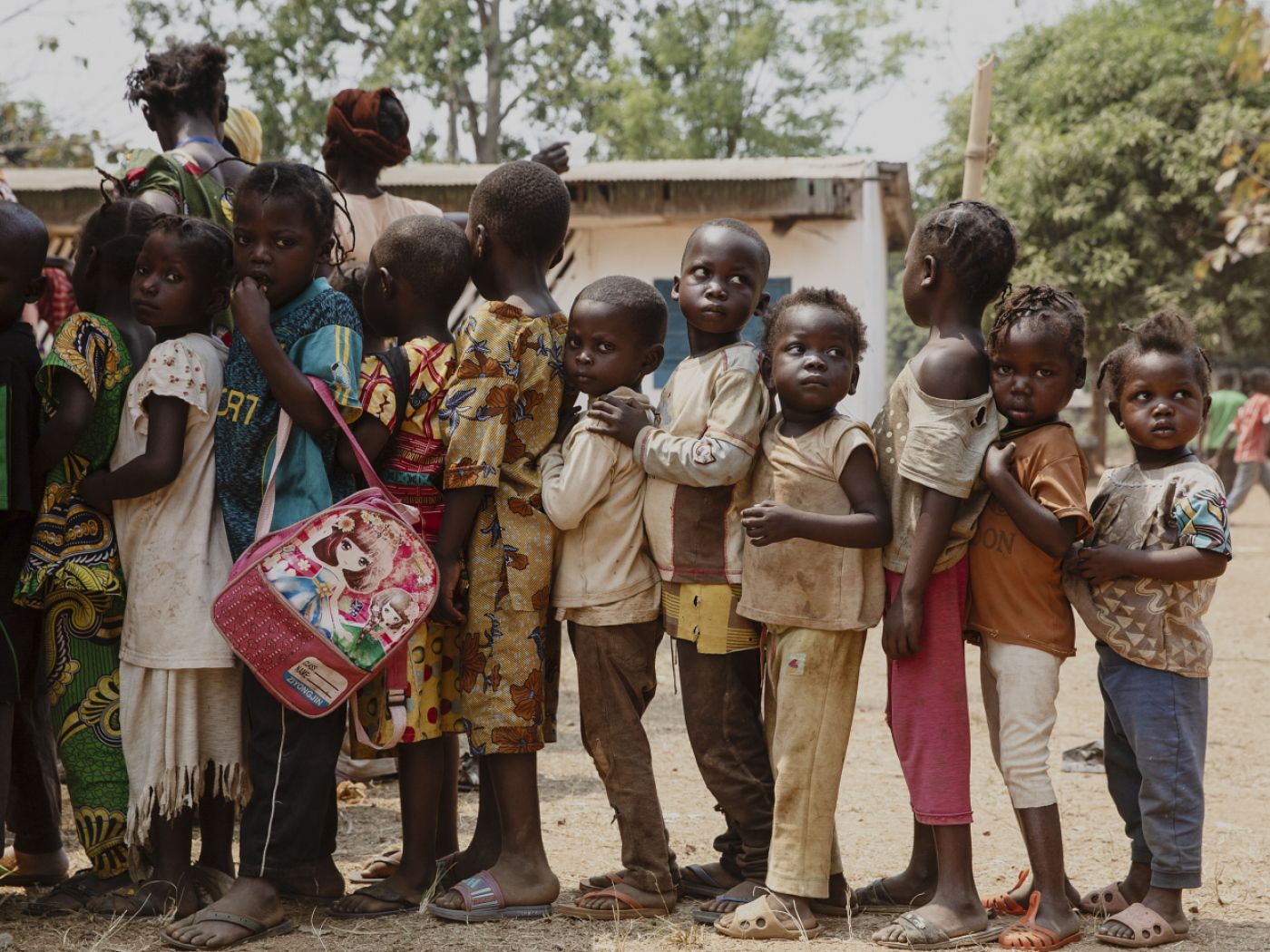
Switzerland commits CHF250 million for humanitarian aid

Switzerland has allocated almost CHF250 million to the World Food Programme (WFP), the United Nations High Commissioner for Refugees (UNHCR) and the International Committee of the Red Cross (ICRC).
+Get the most important news from Switzerland in your inbox
The funding renews Swiss support for large humanitarian organisations so that they can cope with emergencies around the world, the government stated.
+ Foreign aid cuts: where does Switzerland stand?
Organisations working in this field are facing increasing challenges in terms of access, security and funding. In addition, they have to deal with an unstable geopolitical situation, which also has an impact on international Geneva.
Of the almost CHF250 million, CHF73.4 million are earmarked for WFP for 2025 and 2026. Globally, the WFP is the largest humanitarian organisation engaged in the fight against hunger, with activities in more than 40 countries and regions hard hit by serious emergencies.
More
In the face of unprecedented forced displacements, the executive also renewed its support to the UNHCR with a contribution of CHF64 million for the two-year period 2025-2026. The UNHCR is mandated to provide international protection to refugees and to assist them in increasingly protracted crisis situations.
For its part, the ICRC receives CHF112 million for its operations in 2025 and 2026. This contribution is in addition to the CHF80 million that Switzerland pays annually to the ICRC to support its headquarters in Geneva. This will enable it to continue to fulfil its mandate to protect populations affected by armed conflicts.
These contributions will be charged to the credit, approved by parliament, for the financing of international cooperation for the period 2025-2028. Since the ICRC and UNHCR are among the most important organisations based in Geneva, the Federal Council is also sending out a strong signal in support of international Geneva and its leading role in Swiss foreign policy.
Translated from Italian by DeepL/mga
How we work
We select the most relevant news for an international audience and use automatic translation tools such as DeepL to translate them into English. An editor then briefly reviews the translation for clarity and accuracy before publication. Providing you with automatically translated news gives us the time to write more in-depth articles. The news stories we select have been written and carefully fact-checked by an external editorial team from news agencies such as Bloomberg or Keystone.
Did you find this explanation helpful? Please fill out this short survey to help us understand your needs: https://survey.survicate.com/d0df481d0b13412d/?p=anonymousExternal linkExternal link

In compliance with the JTI standards
More: SWI swissinfo.ch certified by the Journalism Trust Initiative


























You can find an overview of ongoing debates with our journalists here . Please join us!
If you want to start a conversation about a topic raised in this article or want to report factual errors, email us at english@swissinfo.ch.